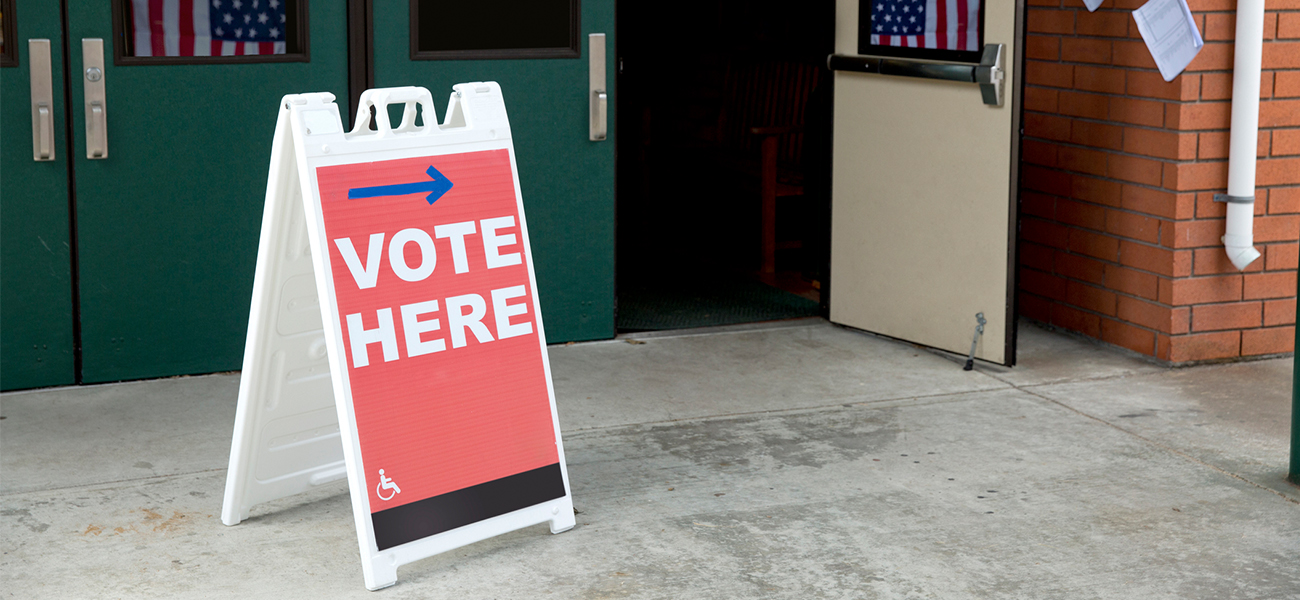
The October elections put Baton Rouge in the national spotlight and created some campaign intrigue
St. George’s future
The incorporation of St. George finally got the support its organizers wanted. Only residents within the proposed St. George boundaries were allowed to vote in the October incorporation decision, and 53.96%, or 17,421 voters, cast a ballot in favor. The no votes amounted to 46.04%, or 14,867 votes.
Organizers vowed to get St. George operational by January 2020, but legal hurdles remain. Businessman and philanthropist John Engquist tells Daily Report he and others in the business community will support legal challenges. “Two-thousand people should not be able to decide the fate of everyone in Baton Rouge,” Engquist says. “This fight is just starting.”
The possibility exists that neighborhoods within the St. George boundaries could petition to be annexed into Baton Rouge. There’s a 30-day window after votes are verified for petitions to be filed, and the group One Baton Rouge says it’s already working with six neighborhoods that largely voted against the measure.
Meanwhile, the governor must appoint an interim mayor and city council members to negotiate public services with city-parish government.
Either way, the long road to an independent St. George will continue well into next year.
District 16’s runoff saga
The fight for the District 16 state senate post once held by Dan Claitor—which includes much of central and south Baton Rouge—came down to three names. Democrat Beverly Brooks Thompson would face Republicans Steve Carter and Franklin Foil in a three-way runoff this month.
Carter and Foil initially were thought to have evenly divided votes for second place, and a recount was ordered. But in the days after the primary, GOP leaders worried Carter and Foil would again split the vote come November and assure Thompson a victory.
That’s when Republican donor and businessman Lane Grigsby told Daily Report he encouraged Foil to bow out. In return, he would help Foil get a judgeship. That comment raised eyebrows.
State law says it’s illegal to offer money or anything of value to encourage a candidate’s withdrawal from an election. Foil quickly distanced himself, saying he never spoke to Grigsby or was aware of his offer.
Grigsby claimed it was not a quid pro quo. “I’m a kingmaker,” he said. “I talk from the throne. But I hadn’t colluded with anybody. It was an effort on my part to resolve a dilemma that is facing the senate district I live in.”
Regardless, the recount Oct. 17 put Foil ahead of Carter by four votes, meaning Foil would face off against Thompson and likely not take Grigsby up on that judgeship offer.
Then we were down to two for the Nov. 16 runoff.
This article was originally published in the November 2019 issue of 225 Magazine.

